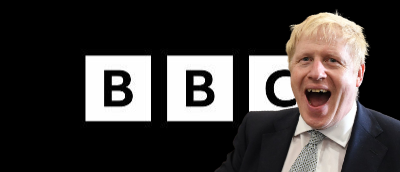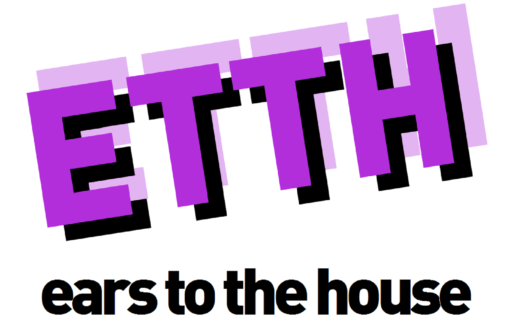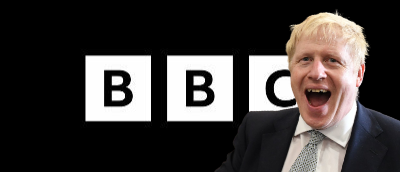
Here in the UK, the newspapers are frequently filled with stories attacking the BBC. This isn’t terribly unusual in itself. The corporation has a guaranteed income each and every year from the licence fee, whereas newspapers, commercial radio stations and the rest don’t. And although these attacks have clearly got a motive behind them, the truth is they aren’t all wrong.
But this debate goes back quite a long way. Ever since the days of digital television arriving in Britain in 1998, there have been questions about the future of the licence fee. Its existence made sense in a TV environment with just four channels – but how could the BBC compete in an environment with hundreds of channels, catch-up services and subscription services?
Politicians preferred to ignore these questions for several decades – and the fact the BBC remains popular amongst the public and is even seen as something that makes the nation British means talking about how it was funded was always going to be a political hot potato. Unfortunately, this meant the BBC’s encroachment into private sector activities went relatively unscrutinised in the process.
Over the weekend, I’ve seen a few questions aimed at Radio 1. Why has the BBC not sold the station to a private company, they ask – what Radio 1 does couldn’t possibly be described as a public service, could it? And the annoying bit is the people posing this question aren’t entirely wrong.
But have they ever tried listening to commercial radio stations? BBC Radio 1 is not a station where innovation goes to thrive, that’s for sure – but innovation visits the commercial sector to die. The BBC’s radio playlists aren’t exactly great, but they’re a million times better than the tripe endlessly offered up by commercial radio stations
Musicweek are particularly unhappy at the proposals, stating they “would have an impact for the music industry, which relies on multiple BBC platforms to support new and existing artists”. By this, I assume they’re talking about the majors – which looks to me like a way of saying they’d like to continue taking piggy back rides at the expense of British taxpayers.
If the BBC supported more independent or underground, it might be easier to make the case. But if their dance music offering is anything to go by, don’t get your hopes up…





